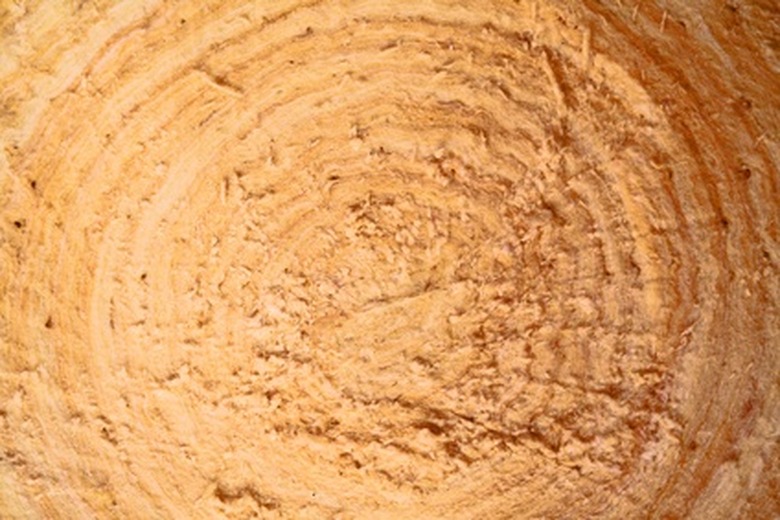The Best Breathing Masks For When You Are Removing Insulation
When removing insulation of any kind, it's important to protect your respiratory system from undue stress from airborne particles. In some cases, removing older insulation can loosen toxic materials and pose a health hazard. Breathing masks act as useful protective barriers, though the specific kind of mask necessary will vary depending upon the type of insulation you are removing.
Respirator Masks for Vermiculite Removal
Respirator Masks for Vermiculite Removal
Vermiculite is a natural mineral that expands into lightweight, fire-resistant and absorbent, odorless and wormlike forms when heated. When used as insulation, vermiculite tends to be pebblelike and light brown, poured loose between an attic's floor joists. Until 1990, the majority of vermiculite was mined near Libby, Montana, from a mine found to have a natural asbestos deposit. Therefore, vermiculite insulation produced at the Libby mine may be contaminated with asbestos. As exposure to asbestos can cause severe diseases including asbestosis, lung cancer or mesothelioma, the United State Environmental Protection Agency advises homeowners not to disturb any vermiculite insulation they find. Any disturbance of the material could potentially release asbestos into the air. Professionals who are trained and certified to handle asbestos may safely remove the material. If necessary to remove vermiculite yourself, wear a respirator mask, not a simple dust mask.
N95 Dust Masks for Other Insulation
N95 Dust Masks for Other Insulation
If your insulation is not made of vermiculite, you won't risk exposure to asbestos contamination. However, especially if your home has experienced any water damage, you're well-advised to protect your lungs from mold spores, regardless of the type of insulation. To protect yourself from mold, a dust mask with an NIOSH-approved rating of N95 or greater is sufficient. (NIOSH stands for the National Institute of Occupational Safety and Health.) The N95 rating means that at least 95 percent of airborne particles will be filtered out and the mask is not resistant to oil. Follow the manufacturer's instructions so that you wear the mask with a tight seal against your face. Keep the mask in place for the full duration of your time working with the insulation.
Varieties of Masks
Varieties of Masks
Among respirator masks, you may select from preassembled masks, with their cartridges included, or basic face pieces and filter cartidges sold separately. Choose between half face masks or full face masks, depending on whether you wish to cover your eyes as well as your nose and mouth. As of August 2010, prices for full respirator mask assemblies range from $15 to $50. For simple dust masks, both Moldex and 3M manufacture many of the masks available, with prices for N95 masks ranging from $12 to $50. Moldex offers molded forms and both manufacturers offer masks with exhalation valves to avoid moisture buildup within the mask.
